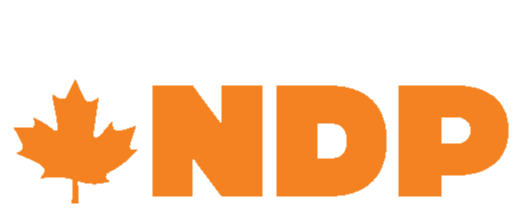|
As Canadians head into the federal election, unionized workers have a lot at stake. As such, Local 258 would like to remind you that it’s important not only to vote, but to be informed and educated about the choices available to you.
While Local 258 does not endorse any particular party and encourages you to vote for whichever party you feel best represents your personal beliefs and values, we’d like to take a moment to share a labour-focused perspective on certain current issues.
The Rand Formula
First established in 1946, the Rand Formula ensures that all workers in a unionized workplace contribute financially to the union’s activities. Even if a worker makes the choice not to formally join a union, they are still required to pay union dues so long as they are benefitting from the union’s activities. This helps prevent “free riders” who benefit from the collective agreements, legal support, and workplace protections the union provides but don’t contribute to the cost of those services.
The better positioned a union is financially, the higher the quality of support it can offer to its members. Imagine that you’ve been laid off or unfairly disciplined – and now imagine that your local union had its financial resources cut in half and could no longer afford the same legal support it had previously. This can make the process take much longer and lead to a significant decrease in the likelihood of a successful grievance.
For union members, the Rand Formula represents a fundamental principle of fairness. It ensures that unions are adequately funded to advocate for workers' rights and negotiate better working conditions. As voters prepare for the election, understanding how this formula supports unions and the broader working community is essential to making an informed choice that reflects the values of fairness, equity, and solidarity.
“Right to Work” Laws
At their core, right-to-work laws forbid unions from requiring workers in a unionized workplace to pay union dues. This might sound appealing at first glance – it allows workers more freedom to choose, right? Well, it’s not that simple. When workers are no longer required to contribute to the costs of collective bargaining, legal representation, or other essential union services, it supports the previously mentioned "free riders" – workers who benefit from union activities without contributing to them.
For union members, right-to-work laws weaken their bargaining power. Unions depend on dues from all workers to fund their activities, including negotiating better wages, benefits, and working conditions. If workers can opt out of paying dues but still receive the benefits of union representation, the financial resources available to the union are drastically reduced, making it significantly harder for unions to fight for improvements in the workplace and protect workers' rights.
The effects of right-to-work laws are evident in regions that have adopted them, particularly in the United States, where affected workers have seen slower wage growth, worse benefits, unsafe working conditions and reduced job security.
Why Should I Care?
Unionized workers—whether they vote directly on union matters or not—have a vested interest in ensuring that political leaders respect the rights of workers to organize, bargain collectively, and protect their interests. As voters, union members must carefully consider how different policies will impact their ability to maintain strong, effective unions that fight for fair wages, safe working conditions, and equitable treatment for all workers.
Use your vote wisely to help us safeguard the collective benefits we’ve worked hard to achieve in the past and ensure that we can continue fighting for your rights in the workplace for years to come.
What Are My Options?
Click on any of the logos below to read the corresponding party’s policy document.
  
|